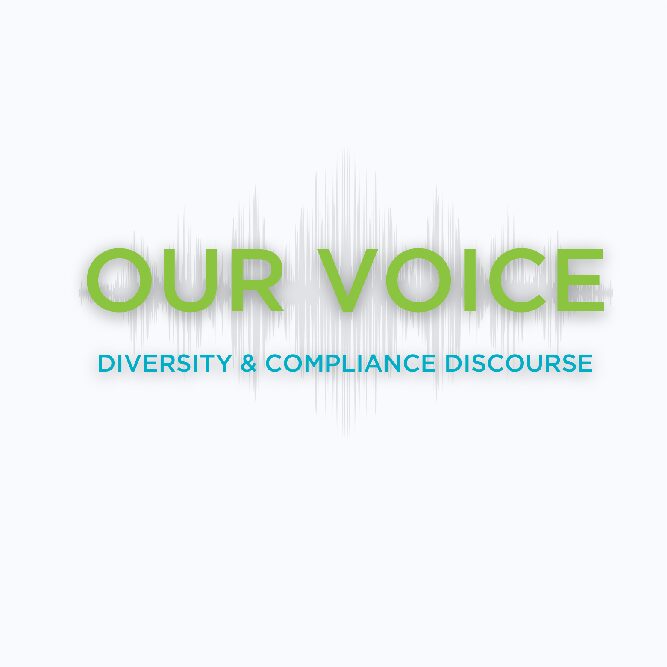Menu
Close
Menu
Close

In recent months, we’ve seen an unsettling trend where companies, under pressure from conservative activists, are scaling back or abandoning their Diversity, Equity, and Inclusion (DEI) initiatives. Companies like Tractor Supply, John Deere, Lowe’s, and Harley-Davidson have faced public criticism for implementing DEI programs, often branded as too socially conscious by their detractors. This rhetoric not only undermines the progress we’ve made in fostering inclusive workplaces but also poses significant legal and business risks.
As an employment law attorney, I can tell you that the conversation around DEI is not just a social or political issue; it’s one that can affect the long-term stability and success of your business. In fact, this debate is no longer just about doing what’s right—it’s about doing what’s smart for your company’s future.
When companies scale back on DEI initiatives, it’s not just a matter of bowing to public pressure; it sends a harmful message to employees—especially those from underrepresented groups—that their contributions aren’t valued. The impact on employee morale can be profound. Disengagement, higher turnover rates, and difficulty attracting and retaining talent are all real risks when your workforce feels that inclusivity is no longer a priority.
Research consistently shows that diverse teams perform better in terms of innovation, decision-making, and profitability. Companies that embrace DEI are more likely to attract top-tier talent and foster resilient, innovative teams. Recognizing the business case for DEI, CEOs from major corporations like Jamie Dimon of JPMorgan Chase and Tim Murphy of MasterCard have reaffirmed their commitment to diversity as a long-term growth strategy. Those who yield to the pressure of critics risk becoming stagnant and out of touch with the diverse world in which they operate.
The argument that DEI initiatives somehow harm a company’s relationship with its core customers is simply unfounded. Today’s consumers, regardless of their background, are more socially conscious than ever before. They seek out brands that reflect their values—values of inclusivity, fairness, and equity. Companies that choose to scale back their DEI efforts risk alienating these customers, particularly younger generations like Gen Z, who are quick to voice their disapproval on social media and can significantly impact a brand’s reputation.
In addition to the risk of alienating customers, companies that abandon DEI programs may also expose themselves to potential legal risks. Employees—especially those from marginalized groups—are likely to feel unsupported and undervalued, leading to dissatisfaction, lower productivity, and potentially even legal claims related to discrimination or hostile work environments. These risks can have far-reaching consequences, affecting everything from employee relations to public perception and your company’s overall brand strength.
Stepping back from DEI may lead to unintended challenges with lasting impact. In today’s globalized and rapidly changing business landscape, companies that fail to adapt to diverse needs and viewpoints risk being left behind. Not only does embracing DEI foster a more inclusive and innovative workforce, but it also builds stronger, more resilient organizations that are prepared to navigate the challenges of the future.
The true risk, as I see it, is not in being labeled as too socially conscious—it’s in failing to act at all. The cost of inaction could leave your company out of step with the evolving expectations of both your employees and consumers.
So, the real question is: Is your organization prepared to navigate the future, or are you willing to risk losing relevance?
I encourage you to think about how your company can continue to build on its DEI efforts while protecting both your workforce and your brand. The conversation doesn’t end here—let’s continue this important dialogue. Feel free to share your thoughts and experiences in the comments below.
Katherin Nukk-Freeman is Co-founder and President of SHIFT HR Compliance Training, and Co-Founding Partner of Nukk-Freeman & Cerra, P.C., a highly ranked Labor and Employment law firm. She is considered an industry leader in addressing Unconscious Bias and Diversity, Equity, Inclusion, and Belonging in the workplace.

